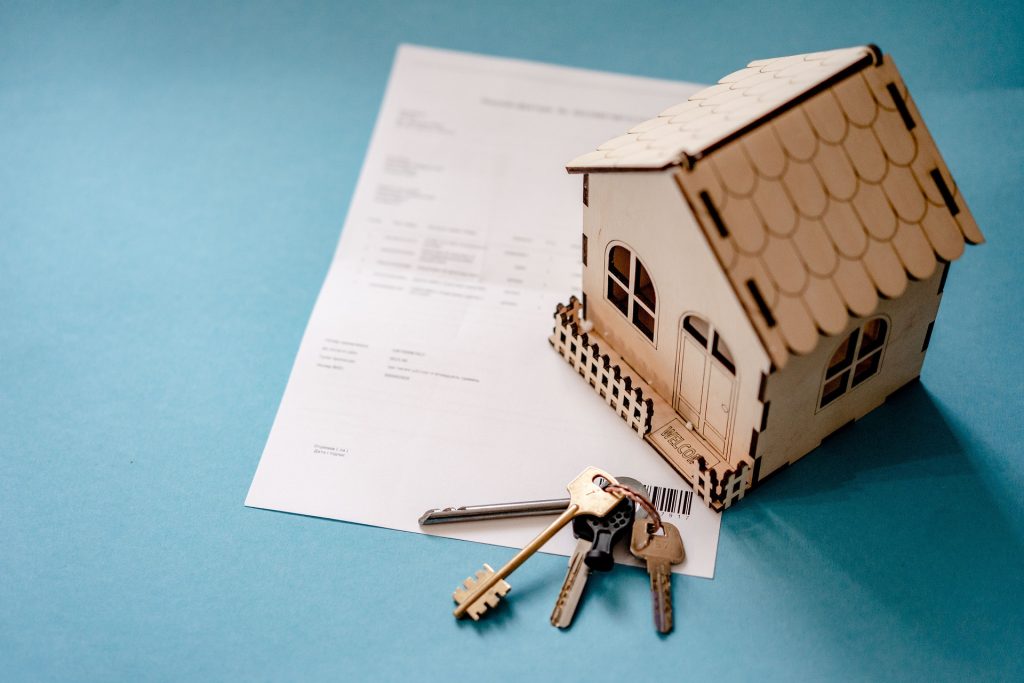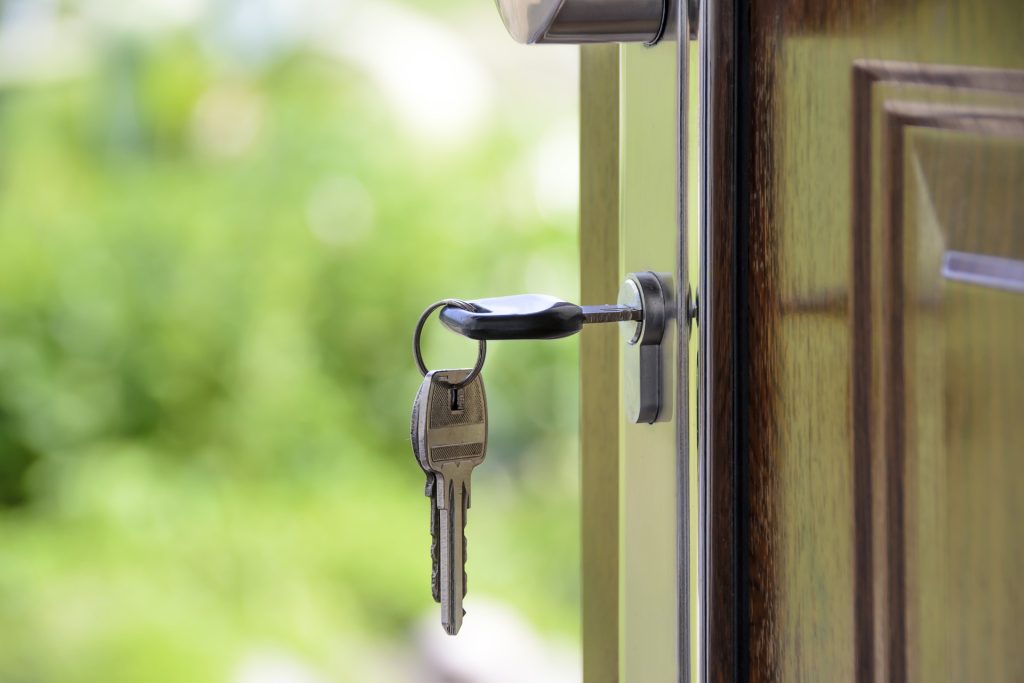
Exploring the Benefits of Renting vs. Buying: Is Renting the Right Choice for You?
Are you torn between renting or buying a home? It’s a decision that has significant financial and lifestyle implications. In this article, we will explore the benefits of renting and buying to help you make an informed choice that suits your needs.
Renting vs. buying: understanding the difference
Before we delve into the advantages and disadvantages of renting and buying, it’s important to understand the fundamental difference between the two. When you rent a property, you pay a monthly fee to live in someone else’s property. On the other hand, buying a home involves purchasing the property and becoming the owner. This fundamental distinction sets the stage for the pros and cons associated with each option.

Advantages of renting
Renting provides flexibility, especially if you’re unsure about your long-term plans. If you’re not ready to commit to a specific location or if you’re in a transitional phase of your life, renting allows you to easily move without the burden of selling a property. This flexibility is particularly valuable for those who frequently change jobs or enjoy exploring new cities.
Additionally, rental properties often come with amenities that can enhance your lifestyle. Many apartment complexes offer gyms, pools, and communal spaces for residents to enjoy. These amenities can save you money and provide convenience, especially if you would otherwise have to pay for a gym membership or maintain your own pool.
Moreover, renting eliminates the responsibility of property maintenance. When you rent, the landlord or property management company is typically responsible for repairs and maintenance issues. This means you can focus on enjoying your home without the stress of dealing with unexpected expenses or the hassle of DIY repairs.
Disadvantages of renting
While renting offers numerous advantages, there are also some downsides to consider. One of the main disadvantages is the lack of control over the property. As a renter, you are subject to the rules and regulations set by the landlord or property management company. This means you may not have the freedom to make significant changes to the property or personalize it according to your preferences.
Another disadvantage of renting is that you are essentially paying someone else’s mortgage. Unlike homeowners who build equity over time, renters do not accumulate any ownership in the property. This can be seen as a financial disadvantage in the long run, as you won’t benefit from property appreciation or have the option to sell your home for a profit.
Lastly, rental prices can be subject to annual increases, making it difficult to budget for the long term. While homeowners may face fluctuations in property taxes and maintenance costs, they have more control over their monthly expenses compared to renters.

Advantages of buying
Buying a home offers stability and the potential for wealth accumulation through property appreciation. When you own a home, you have the freedom to customize your living space according to your preferences. You can paint the walls, renovate the kitchen, and create a space that truly feels like your own.
Furthermore, homeowners build equity over time. As you make mortgage payments, you gradually pay off the loan and increase your ownership stake in the property. This equity can be tapped into through refinancing or selling the home, providing a potential source of wealth accumulation.
Additionally, homeowners have more control over their monthly expenses. While property taxes and maintenance costs can fluctuate, homeowners have the ability to budget for these expenses and plan accordingly. This predictability can provide a sense of financial stability and peace of mind.
Disadvantages of buying
Despite the advantages, there are also some disadvantages associated with buying a home. One of the main drawbacks is the financial commitment involved. Buying a home requires a significant upfront investment, including a down payment and closing costs. Additionally, homeowners are responsible for ongoing expenses such as property taxes, insurance, and maintenance.
Owning a home also comes with a level of responsibility. As a homeowner, you are solely responsible for maintenance and repairs. This means you must budget for unexpected expenses and invest time and effort into home upkeep. This responsibility can be overwhelming for those who prefer a more hands-off approach to housing.
Lastly, buying a home ties you down to a specific location. If you’re someone who enjoys the flexibility of moving frequently or if your job requires you to relocate, homeownership may not be the most suitable option for you.
Financial considerations: comparing costs
When deciding between renting and buying, it’s crucial to consider the financial aspects. Renters benefit from the flexibility of a fixed monthly payment, which includes rent and often utilities. This makes budgeting easier and provides more certainty about housing expenses.

On the other hand, homeowners face additional costs such as property taxes, homeowners’ insurance, and maintenance expenses. While these costs can vary depending on the property and location, they need to be factored into the overall financial equation. However, homeowners have the potential to build equity and benefit from property appreciation, which can offset some of these costs in the long run.
Flexibility and lifestyle factors
Flexibility is a key advantage of renting. If you’re someone who values the freedom to explore different cities or if your job requires frequent relocations, renting allows you to easily move without the burden of selling a property. Renting also provides the flexibility to upgrade or downgrade your living space based on your changing needs.
Additionally, rental properties often come with amenities that can enhance your lifestyle. Many apartment complexes offer gyms, pools, and communal spaces for residents to enjoy. These amenities can save you money and provide convenience, especially if you would otherwise have to pay for them separately.
Long-term investment potential
While renting offers flexibility, buying a home has the potential for long-term investment. Property appreciation can increase the value of your home over time, allowing you to build equity and potentially sell your home for a profit in the future. This can be a valuable asset for retirement planning or as a source of wealth accumulation.
However, it’s important to note that the real estate market is subject to fluctuations, and property values can decrease as well. Timing and location play a crucial role in the long-term investment potential of homeownership.
Renting vs. buying in different situations
The decision to rent or buy ultimately depends on your personal circumstances and goals. Renting may be the right choice if you value flexibility, are unsure about your long-term plans, or prefer not to deal with the responsibilities of homeownership.
On the other hand, buying a home may be the right choice if you value stability, want the freedom to customize your living space, and are looking for a long-term investment opportunity.
Making the right choice: factors to consider
When making the decision between renting and buying, it’s important to consider factors such as your financial situation, long-term goals, and lifestyle preferences. Assess your budget, future plans, and the level of responsibility you’re willing to take on. Consulting with a financial advisor or real estate professional can also provide valuable insights to help you make an informed choice.
In conclusion, the choice between renting and buying is a personal one that depends on various factors. Renting offers flexibility and convenience, while buying a home provides stability and the potential for long-term investment. By understanding the advantages and disadvantages of both options and considering your unique circumstances, you can make a decision that aligns with your needs and goals.